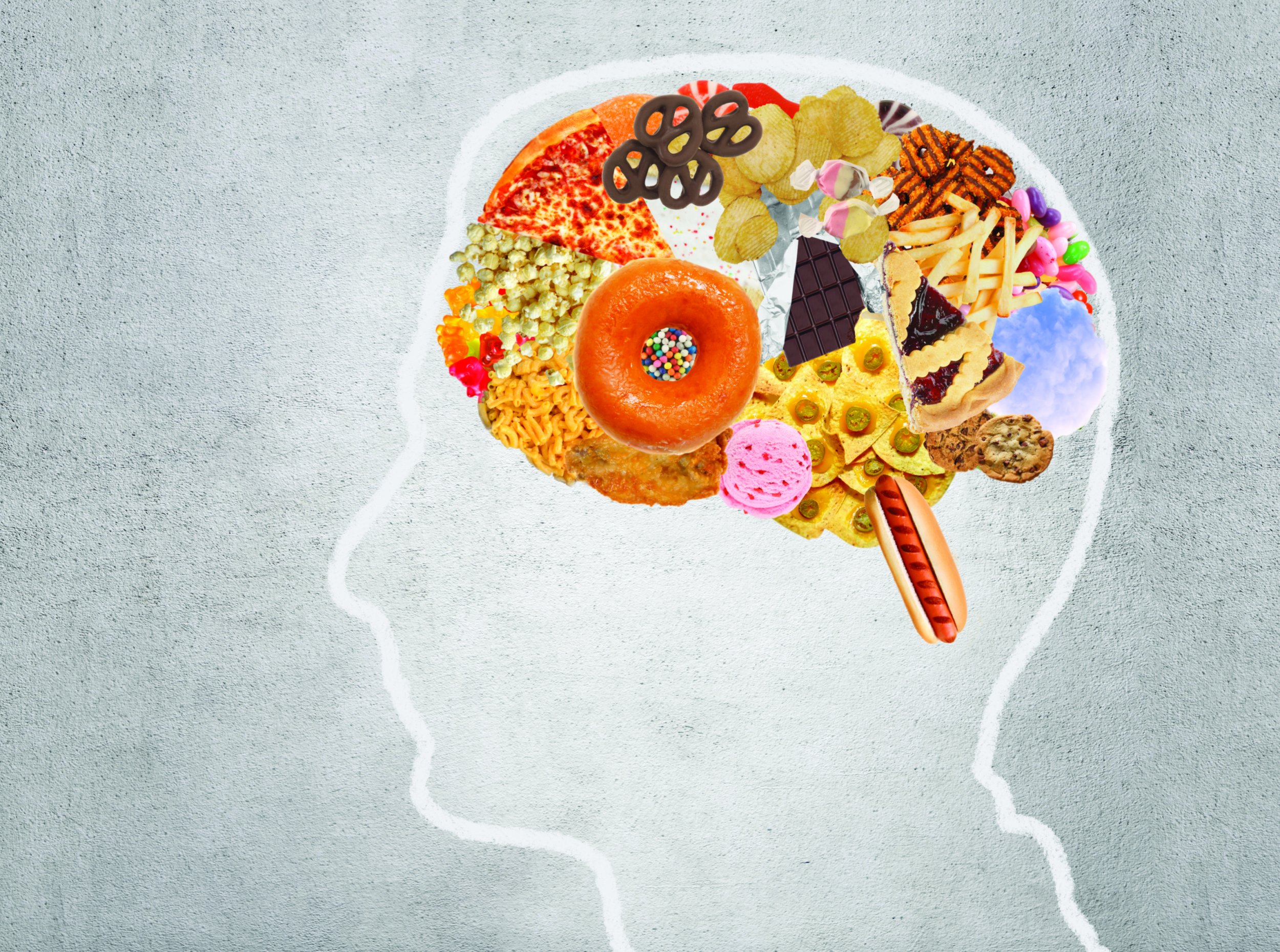
This article, along with others that explore mind, body and soul, is excerpted from a Newsweek Special Edition.
Like most recovering addicts, Kay Sheppard has a testimony. Hers is this: The Florida mother of two spent years making trips to the store to buy cookies and chips for her family, eating almost every bag and box in the car on the way home. One day, she spied herself eating in the mirror and was horrified. "That was the first time in my 30-some years that I ever thought what I was doing was abnormal, because I had done the same thing year after year after year," she says.
To Sheppard, some people become obese because food has a druglike power over them. Some scientists think this may be the case with about 15 percent of the population. "I mean, if you had control—if you weren't out of control—wouldn't you go on a diet and lose some weight?" says Sheppard, now a master's-level mental-health counselor.
While scientists have long theorized about an addiction-like quality to certain foods, only recently has the idea been the subject of intense scientific research, scrutinizing what studies call "highly palatable" foods, such as soda, ice cream, french fries and even pepperoni pizza. It's a definition that has to do with how much the foods appeal to our appetite—and how hard they are to resist.
That may help explain why it's difficult to keep from eating badly once it becomes a habit. In some experiments, the brain-imaging scans of an obese person resemble the brain scans of an addict. One of the most notable studies in this vein came in the early 2000s, when Nora Volkow and her team at Brookhaven National Laboratory placed 10 obese volunteers into a PET scanner to study the reward mechanisms in their brains. (Volkow later became head of the National Institute on Drug Abuse.) They found that the brains of these obese people looked different from those of people of normal weight; specifically, the obese people lacked certain receptors to dopamine, one of the brain chemicals associated with reward and drug abuse. Two channels for dopamine signaling in the brain occur through receptors known as D1 and D2. If you lack D2 receptors, as Volkow found in her subjects, you will not be able to inhibit the strong urges that are then sent into the areas of the brain involved in action, she says, leading to overeating. She says the deficit in D2 could also encourage overeating by making people less sensitive to the pleasure of eating itself, needing greater quantities of food to feel the reward.
But the biology that separates an almond from an Almond Joy goes far beyond dopamine. One of the key hormones involved in appetite, called ghrelin, is also involved with the reward system in the brain that drives us to eat, says Jeffrey Zigman of the University of Texas Southwestern Medical Center at Dallas. In fact, so much wiring in the brain appears to drive us toward high-calorie eating that some scientists suspect food is perhaps the reason drug addiction exists in the first place.
That programming is probably there to make sure our ancestors took advantage of times when they could load up on calories. But along came hyper-refi ned substances like cocaine and alcohol that could hijack the system and take it to a new intensity. And maybe, if the research is correct, that's possible with other highly processed substances like high-fructose corn syrup and 1,000-calorie cheeseburgers.
By Laura Bell
This was excerpted from Newsweek's Special Edition, Your Amazing Body: Leading Experts Reveal the Science and Secrets Behind Living Longer and Better, by Issue Editor James Ellis.

Uncommon Knowledge
Newsweek is committed to challenging conventional wisdom and finding connections in the search for common ground.
Newsweek is committed to challenging conventional wisdom and finding connections in the search for common ground.
About the writer
To read how Newsweek uses AI as a newsroom tool, Click here.








